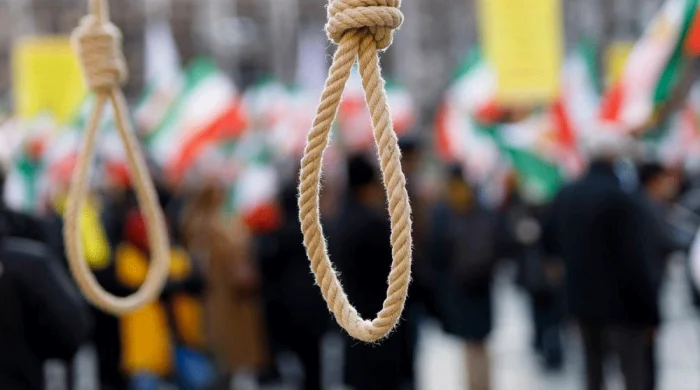Economy on brink of destruction as import of 330 luxurious goods goes unabated

- Update Time : Thursday, January 26, 2023
- 77 Time View

Import of 330 luxurious goods continues putting the vital sectors and country’s economy in jeopardy.
Bangladesh Tariff Commission earlier suggested for controlling import of unnecessary products to save foreign currencies but the National Board of Revenue (NBR) was indifferent towards it.
Had the recommendation been taken into consideration, the country would have saved $100 crore.
Absence of measures has resulted in import of unnecessary products through false declaration and laundering of money.
The import of luxury goods has not stopped despite dollar crisis in the country. A significant amount of hard-earned foreign currency, specifically US dollars, is being spent unnecessarily.
As a result, concerned individuals have suggested that the import of all products produced within the country should be banned. This is because businesses are unable to open letters of credit (LC) due to the dollar crisis, leading to a shortage of capital equipment and raw materials in industries.
Furthermore, production in industries has decreased significantly due to the gas and electricity crisis, causing stagnation in business and increasing the risk of businessmen defaulting on their debts.
Md Jashim Uddin, President of the Federation of Bangladesh Chambers of Commerce and Industry (FBCCI), has stated that if the duty on luxury goods had been increased based on the list provided by the Tariff Commission, the ongoing dollar crisis would not have occurred.
He has called for the import of luxury goods to be stopped, emphasizing that policymakers need to understand the importance of this issue. Businessmen have already suffered losses due to the coronavirus pandemic, and now they risk losing their businesses due to the increased prices of gas, electricity, and the dollar crisis.
In light of the ongoing economic crisis, Mr. Uddin has also suggested that businessmen should not be allowed to default until June of the next year if they are unable to pay their debts.
He has also requested the central bank’s cooperation in opening LCs for the import of daily essential products during Ramadan and in supplying dollars from reserves if necessary.
Dr. Jamaluddin Ahmed, former General Secretary of the Bangladesh Economic Association (BEA), has stated that the government should monitor the import of luxury goods and involve the Bangladesh Competition Commission in controlling the import of unnecessary foreign products.
He recommends that all products produced within the country should be banned from import, and all types of smuggling must be stopped. He also suggests that banks should be held accountable if they open LCs for non-essential products and that the import of luxury and non-essential goods should be banned until the ongoing crisis is over. Failure to take this step now, he warns, will increase economic challenges in the future.
Barrister Md Sameer Sattar, President of the Dhaka Chamber of Commerce and Industries (DCCI), the oldest trade organization in the country, has emphasized that increasing foreign exchange reserves is not possible overnight. He suggests that more emphasis should be placed on increasing incentives and export earnings to grow remittance collection.
According to Bangladesh Bank, the country’s foreign exchange reserves have further decreased. Reserves fell to $ 32 billion after $ 1.12 billion was paid off to the Asian Clearing Union (ACU) on January 8. If $8.40 billion is removed from this amount, the reserve stands at $ 24 billion.
Bangladesh Bank has indicated that it will implement a new system for reserve preservation in the near future.
Prime Minister Sheikh Hasina had instructed the secretaries of concerned departments and ministries to review the overall financial situation and relevant issues of the country during a meeting at the Ganobhaban on November 6.
According to sources, the Ministry of Commerce proposed increasing taxes to discourage the import of luxury goods to maintain dollar reserves. The issue of importing expensive cars and fruits was also discussed, with emphasis on the effectiveness of the commerce ministry’s proposal to discourage the import of 330 products.
The National Board of Revenue (NBR) is reportedly working on restructuring the tax policy to reduce import costs, taking the dollar crisis into consideration.
In August 2022, the Bangladesh Trade & Tariff Commission had made a list of 330 items to discourage import.
The Tariff Commission has recommended increasing taxes on 330 items, stating that doing so on luxury and less important items may reduce the burden on the local industry. The commission has proposed taxes on items such as electronic goods, kitchen basins, marble and granite, leather belts, ceramic goods, imitation jewelry, home appliances, processed and tin-coated food items, chocolate, biscuits, juice, soft drinks, alcohol and tobacco products. The commission believes that if this recommendation is implemented, approximately $100 crore may be saved.

























